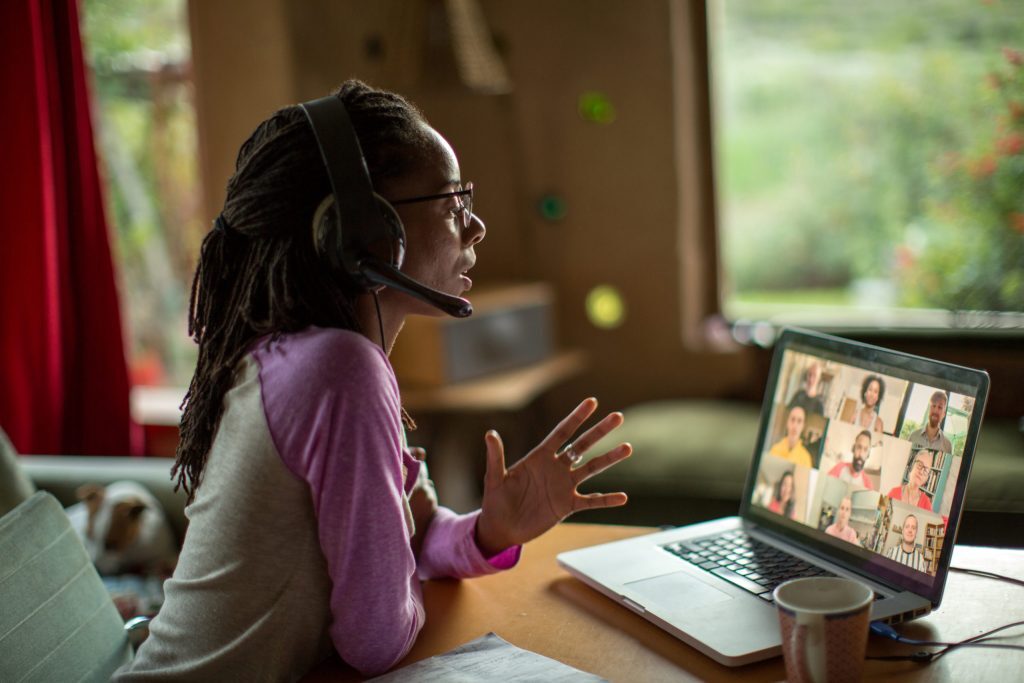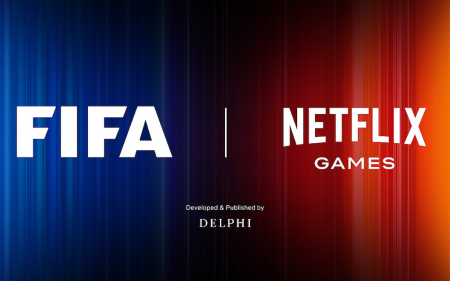In the end, it was Airbnb that finished the year with some good cheer for the tech industry. Although it was an economically crushing year for most of the world, as people were forced to shelter-in-place for a global pandemic, it was a booming year for tech, telecoms and social media firms.
Airbnb, so long a startup darling, proved it could step up when its shares more than doubled on their first day of trading, giving it a US$100bn valuation.
Forced to work from home, tech services – and their stocks – soared. Unheard of in February, Zoom became – literally – the face of remote working by April. Some analysts suggest remote working also seemed to inform Salesforce’s decision to buy messaging app Slack for a whopping $27.7bn – or nearly 28 Instagrams.
In October the big tech firms – Apple, Amazon, Facebook and Google – added a combined $163bn to their market capitalisations just before announcing their third-quarter results, which were not unexpectedly very good. That’s enough to buy McDonald’s and have change.
But later that month US regulators sued Google for monopolistic and anticompetitive practices – following years-long investigations into whether the big tech firms abused their dominance. The CEOs of these big four companies were grilled – virtually, of course – by US lawmakers in August, who then issued a scathing report describing the four CEOs as “often evasive and non-responsive, raising fresh questions about whether they believe they are beyond the reach of democratic oversight”.
For consumers, the technical hurdles that have long prevented the mainstream market from adopting new technologies that may require medium to tough upskilling were overcome when faced with no other choices.
As people worked from home, if they could, it prompted a once-in-a-generation surge in adopting new technologies in an unusually short time, and therefore a lot of self-skilling. Yoga teachers took to Zoom to teach online classes; while a previously disinterested attitude to ecommerce in South Africa was suddenly replaced with gleeful adoption. Sadly this came just as Trade, industry and competition minister Ebrahim Patel introduced an irrational protocol for only buying essentials, which included flip flops. Tech-savviness flourished, as people found new digital ways to connect and stay in touch. And work. And stay sane.
Does anyone recall those utterly empty and eerily quiet streets in those first three weeks of hard lockdown? Like the set of an Apocalyptic movie on the very streets you used to jostle through traffic to get home. That gnawing fear we all had about this “novel coronavirus” and the global pandemic it caused. Nobody wanted to end up like Italy, with its overwhelmed health system and painful mortality rate in old people.
So, internet speeds were doubled for a few months by service providers, while Netflix curtailed its streaming quality by a quarter to help reduce the strain on the global internet.
Despite false news and disinformation from President Donald Trump to explain why he lost the US election, it emerged this week that the US Treasury and another internet and telecoms agency were indeed hacked. Equally scandalous as the revelation is that the hack is believed to be by a “nation state” – read Russia – and specifically a hacker unit known as Cozy Bear.
That about sums up the year, doesn’t it? It began with load shedding and ends with Hollywood scenarios – global pandemic, US hacked by Russians, endless sequels to With Ace Go To Jail – becoming reality. With a baddie called Cozy Bear.
This article first appeared in the Financial Mail.




